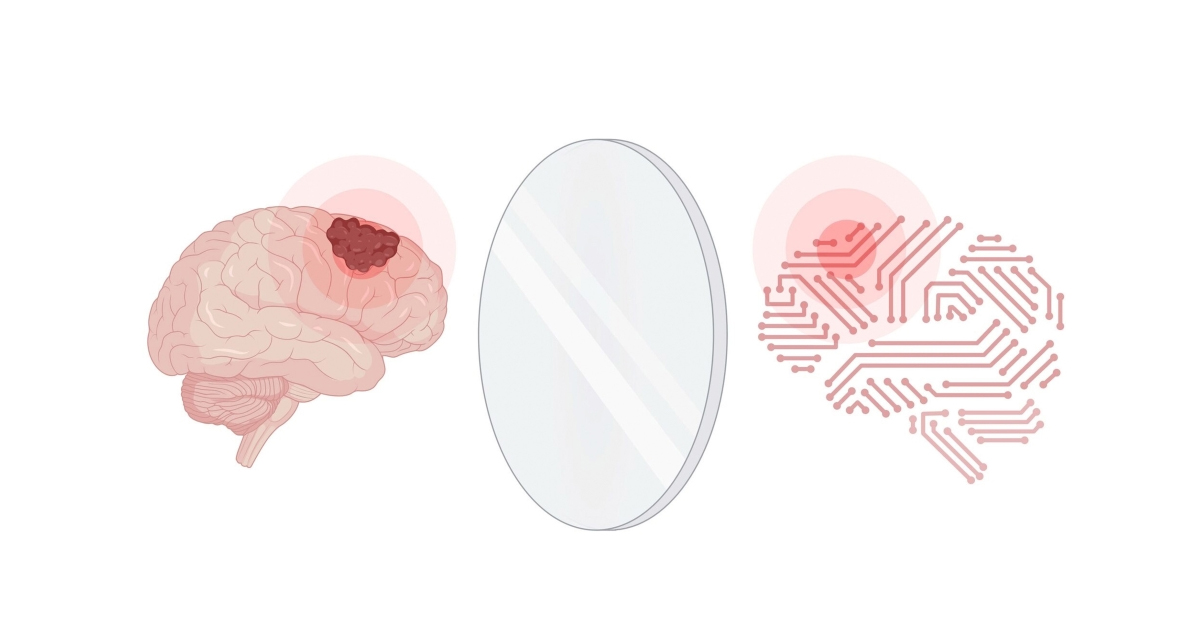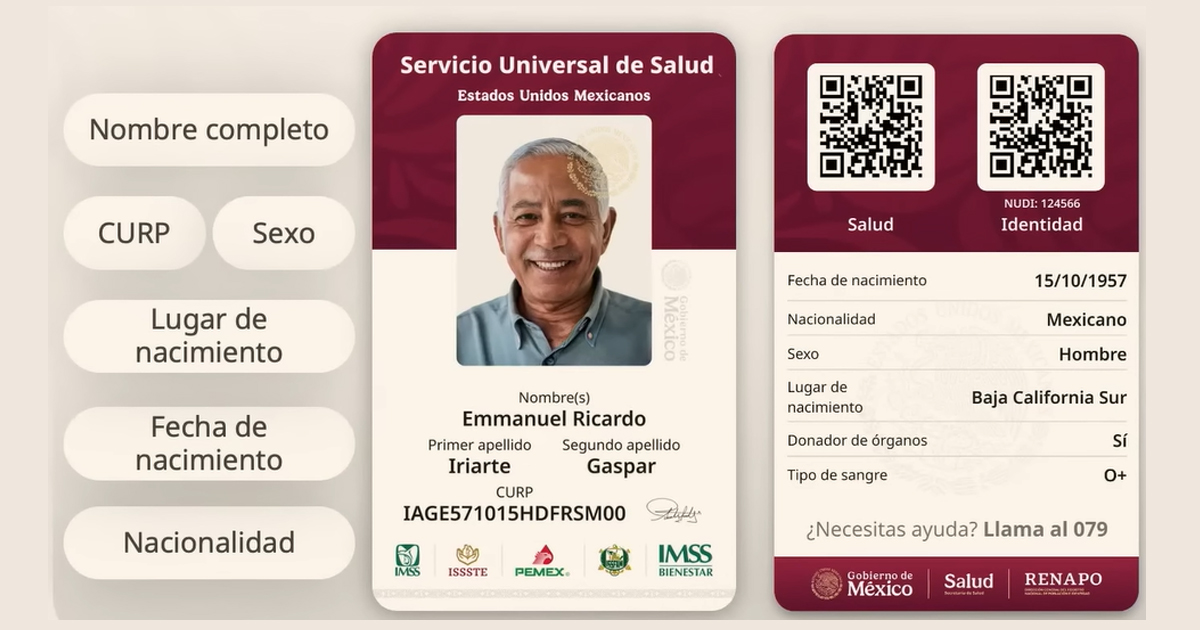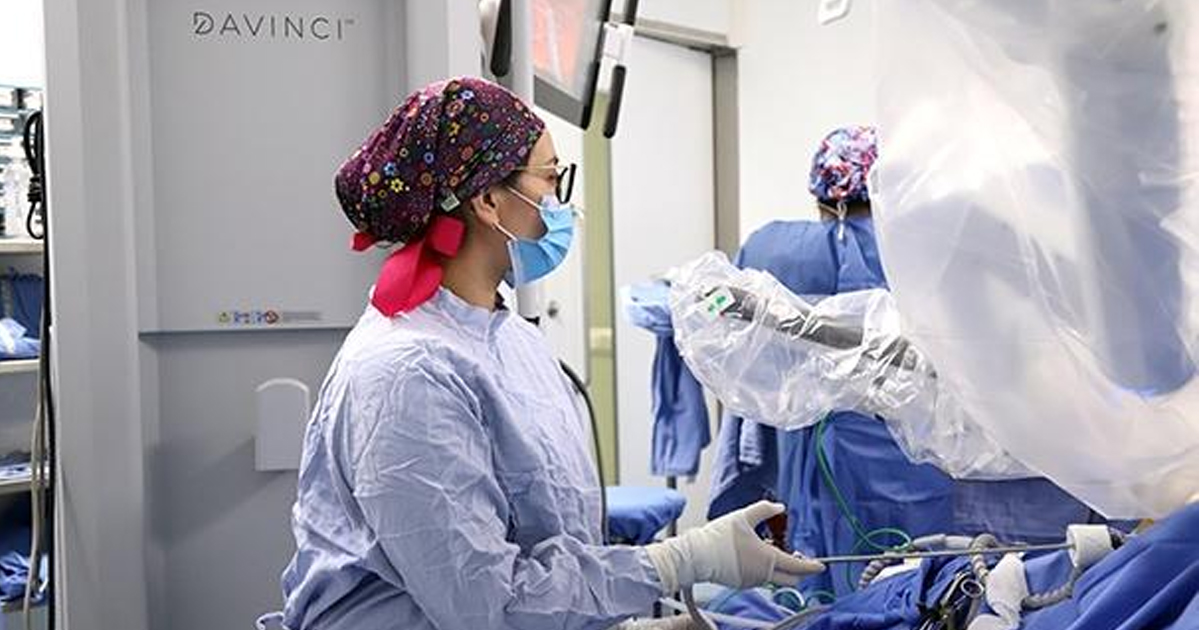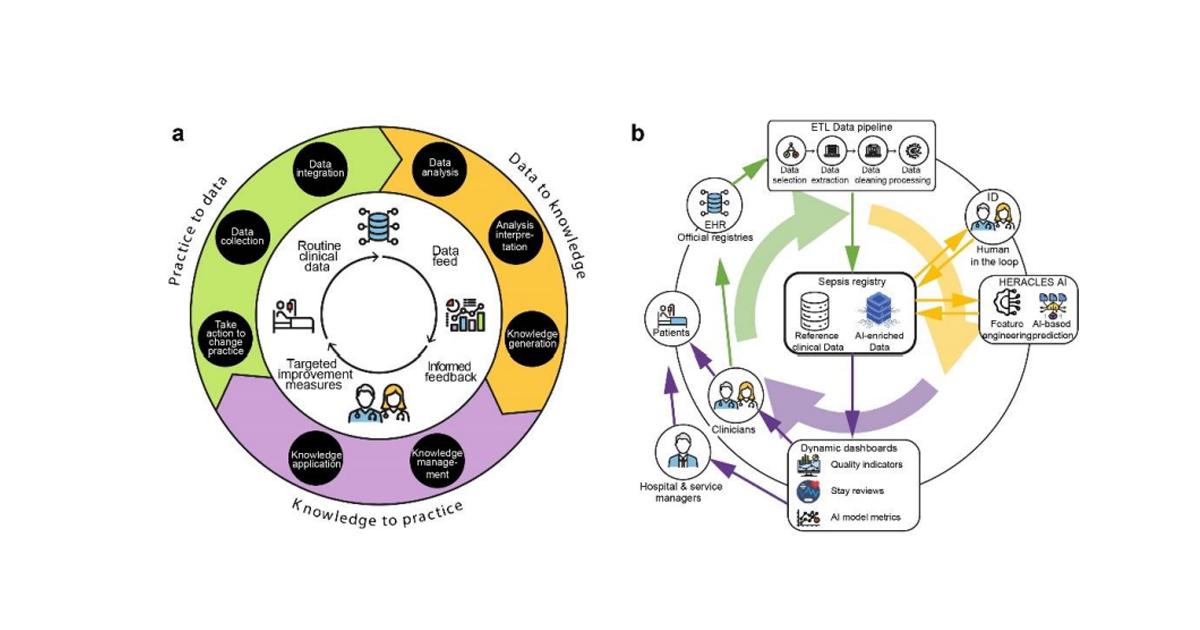Un panorama de cómo la Historia Clínica Electrónica (HCE) está siendo un agente de la revolución tecnológica en la salud pública digital.
Brasil está comenzando a implementar la Digital Health en sus servicios de salud públicos y de esta forma, gracias a la tecnología busca mejorar la calidad en los servicios que ofrece a la población.
Por este motivo, un representante del sector salud realizó una retrospectiva que retrata la relación del país sudamericano con los sistemas digitales de salud. Más específico, con la Electronic Medical Record (HCE).
El tópico en cuestión fue la forma en cómo se recolecta la información relevante de los pacientes para tener un mapa más claro de su proceso médico. La tecnología ofrece cinco certezas a la decisión clínica: trae la información correcta, para la persona correcta, en el formato adecuado, por el canal correcto y en el momento oportuno.
Gracias a estos avances, la capacidad para determinar un diagnóstico certero e integral resulta más factible porque se puede compilar varios documentos, imágenes e información detallada en una sola plataforma que permita encontrar los tratamientos más viables sin la necesidad de perder tiempo en volver a repetir la información solicitada.
Lo que más le atañe a las HCE es priorizar la experiencia del paciente ya que antes los procedimientos médicos focalizaban más su energía sólo en los resultados (que no siempre eran los más efectivos) que en la comodidad del paciente. Ahora está al alcance poder darle seguimiento fuera de los hospitales en los que se realiza el diagnóstico inicial con tratamientos más ágiles y flexibles, pues la conectividad y sincronización de toda la información recolectada estará disponible de forma rápida y a un solo clic.

Esto facilita los pasos que los pacientes y médicos debían realizar para cada consulta. Con la historia clínica electrónica, se tiene la capacidad de acelerar las operaciones de los hospitales pues no se quedan estacados en la espera de resultados de un solo caso y se acostumbra a ser multifuncionales en la guía que se les da a los usuarios quienes ahora se organizan de una mejor manera.
Si bien, los softwares necesitan de gente y actualizaciones constantes, también permiten comparar con casos similares para elegir el tratamiento más adecuado. A esto se le conoce como Case Base Reasoning; el sistema navega por otros sitios y espacios hasta encontrar similitudes y completar rutas de acción ya probadas con anterioridad y que quedaron registradas en la nube para estar al alcance de todos a cualquier hora.
Concretamente, las decisiones tomadas por los especialistas se volverán inmediatas y con esto se espera reducir considerablemente los niveles de ineficiencia.
En conclusión, el avance de la tecnología para optimizar el manejo de información clínica tiene que causar un efecto positivo tanto en los pacientes como en los médicos. Y se trata más que nada en seguir trabajando sobre los avances que ya se han logrado.
De acuerdo con un estudio realizado por la Liga Ventures, Brasil registró 250 nuevas empresas de tecnología tan solo en la mitad del 2019, por lo que esperan un incremento de un 27.9 % en materia de digital health para el año 2024.
E HEALTH REPORTER
CLÚSTER SALUD







